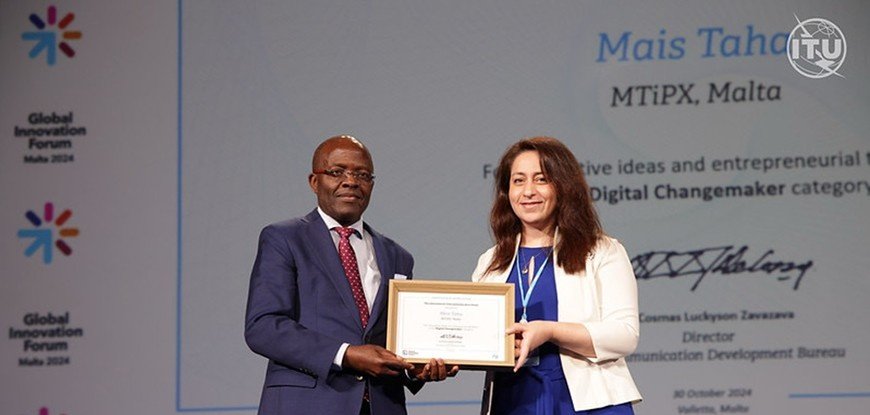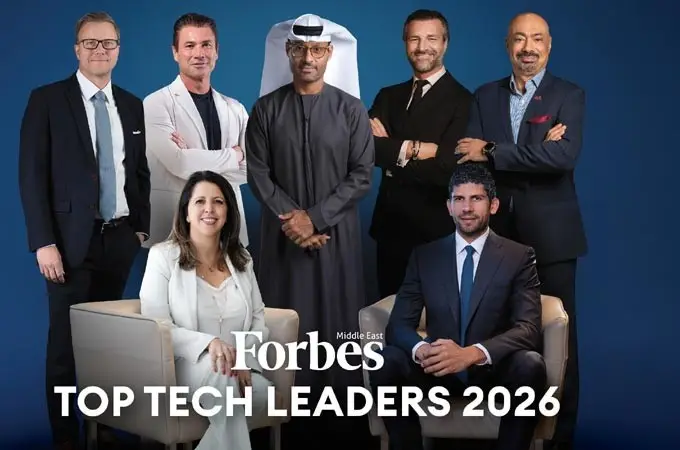Jordanian entrepreneur Mais Taha, founder of MTiPX, has been awarded the Digital Changemaker Award at the Global Innovation Forum (GIF) 2024, an accolade presented by the International Telecommunication Union (ITU). The 160-year-old UN agency recognized Taha’s contributions to digital sustainability through her initiative XEROWASTE, a certification system designed to reduce material waste and energy consumption.
XEROWASTE is a comprehensive 343-point digital certification system aimed at students and researchers aged 14 to 60. The initiative helps eliminate waste, energy use, and emissions in product design. Built on ISO 14024 environmental standards, it certifies waste prevention rates between 25% and 60%, integrating sustainability into the early stages of product development. The system is a valuable tool for industries seeking to minimize their environmental impact.
Taha, originally from Jordan and now based in Malta, has been passionate about nature conservation since 1996 and digital design since 2002. Her work focuses on zero-waste interactive design using Internet of Things (IoT) and Internet of Behaviour (IoB) technologies. Over the past two decades, she has successfully combined digital transformation with environmental advocacy, focusing on green certification standards, project management methodologies, and ISO regulatory frameworks. Her approach integrates technology and sustainability, providing data-driven solutions to reduce waste in product design.
Taha’s company, MTiPX, has been recognized for its contributions to technological innovation and sustainability. Her notable achievements include winning the Malta Intellectual Property Award for Technological Emerging Innovation Initiative, receiving the AWE Award (Award for Women Entrepreneurs) from the American embassy in Valletta and Women Directors Malta, and ranking as the Top 6 Startup in EIT RawMaterials 2022, part of the European Institute of Innovation and Technology (EIT). She is also a member of the Early Warning Europe Network, which supports startups in niche industries like eco-design and sustainable digital technologies.
Taha emphasized that progress in sustainable innovation is often slow and requires long-term commitment. She noted that technical startups in niche industries face challenges with funding, industry adoption, and regulatory issues. “We cannot control the world, but we can design it inside out,” she said, emphasizing the role of design in creating sustainable solutions.
Her work underscores the growing importance of digital tools in sustainability, particularly in circular economy models and resource efficiency. The recognition from ITU reflects a broader shift toward technology-driven environmental policies. While the long-term impact of XEROWASTE remains to be seen, the initiative aligns with global sustainability goals and offers a structured approach to integrating eco-conscious design into mainstream product development.















